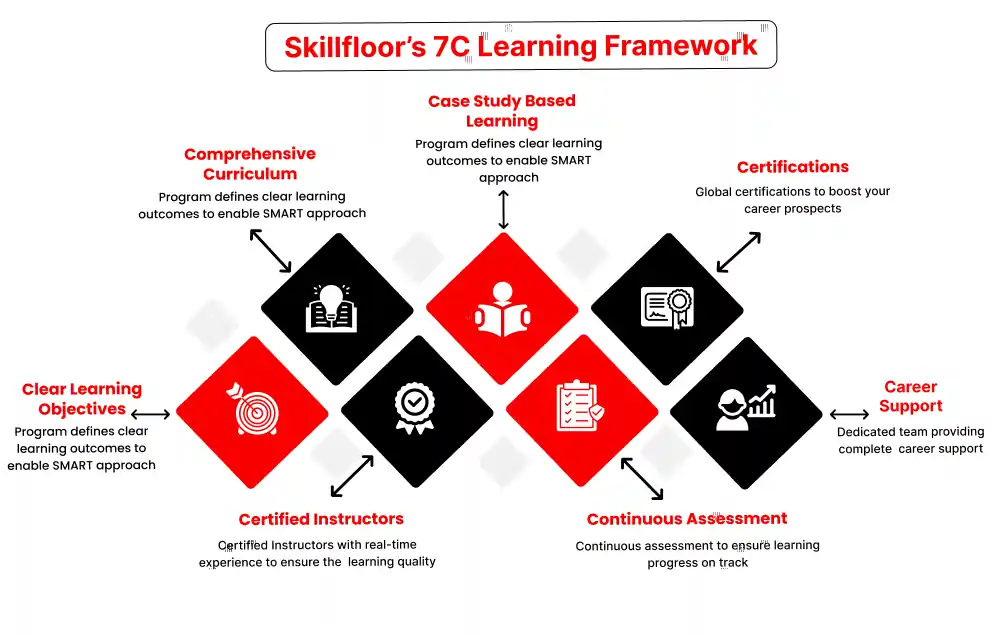In today's digital world, cyber security has become a crucial element of almost every organization. The increasing use of technology and the internet has led to the rise of cyber threats, making it essential for businesses to keep their data and systems safe and secure. Cybercriminals are continually coming up with new and innovative ways to steal sensitive information, and organizations must be ready to protect it. Miami, a hub for innovation and technology, has taken the forefront in cybersecurity education, providing various cybersecurity courses that target professionals who aim to hone their skills and knowledge in the field. Miami-Dade College (MDC) is one of the leading institutions that offer cybersecurity courses in Miami. The college's cybersecurity program is comprehensive and teaches relevant skills such as ethical hacking, information assurance, and network security. The MDC offers a two-year associate degree program in cybersecurity, which is suitable for individuals looking to build their foundation in cybersecurity. Additionally, it offers certification courses such as CompTIA Security+, Disaster Recovery, and more. Another institution that offers cybersecurity courses in Miami is the University of Miami (UM). UM's Executive Cybersecurity program offers various seminars and workshops covering different aspects of cybersecurity, such as blockchain technology, risk management, cloud computing, and more. These courses are designed for professionals with a technical background looking to advance their career in cybersecurity. Florida International University (FIU) also offers a range of cybersecurity courses, including network security and hacking techniques, cloud computing, and data privacy. The University offers a bachelor's degree in cybersecurity, which addresses real-world security problems faced by organizations in today's world. The degree prepares graduates for roles such as cybersecurity analyst, network security administrator, and more. Apart from universities and colleges, there are various training centers that provide cybersecurity courses in Miami, such as Fortinet Network Security Academy, which offers training courses on Fortinet products. Similarly, the Miami Cybersecurity Institute offers certification courses on topics such as Data Science, Cloud Computing Security, and Information Security Governance. The demand for cybersecurity professionals will continue to grow as the number of cyber attacks increase. Therefore, it is essential to choose a cybersecurity course that provides practical, hands-on training as well as theoretical knowledge. This ensures that cybersecurity professionals are equipped with the skills to protect organizations' data and systems from cyber threats. In conclusion, Miami offers various options for individuals who wish to pursue a career in cyber security. These courses provide essential knowledge and practical skills that prepare graduates for the cybersecurity profession. It is essential to select a course that suits your needs and objectives to ensure career growth in this ever-evolving industry.

₹60,000




Hurry Up!
Limited seats call us now for amazing discounts on digital maketing course



Skillfloor is officially recognized by the Government of India as a Startup India (DPIIT) certified institute — a mark of trust in the quality of our courses and career-focused learning.
We offer hands-on programs across multiple fields, designed by industry experts to help you gain skills that employers value:
Digital Marketing – Grow businesses online with SEO, social media, and analytics.
AI & Machine Learning – Build practical AI skills for real-world applications.
Ethical Hacking & Cybersecurity – Protect networks and systems from cyber threats.
Data Analytics & Data Science – Analyze data and make smarter decisions.
Other Emerging Technologies – Learn trending, in-demand skills.
At Skillfloor, you don’t just learn — you practice, complete live projects, and prepare for real career opportunities. Whether you’re a student, graduate, or working professional, we help you upgrade your skills and grow confidently in your career.
Join a government-recognized institute shaping India’s next generation of skilled professionals.



- Overview of Cyber Security Concepts
- Types of Cyber Threats (Malware, Ransomware, Phishing, etc.)
- Cybersecurity Frameworks and Standards (NIST, ISO 27001)
- The Role of Cyber Security in Organizations
- Key Cyber Security Terminology (Vulnerabilities, Risks, Threats)
- Understanding Networking Basics (IP, DNS, TCP/IP)
- Network Security Devices: Firewalls, Routers, and Switches
- Intrusion Detection Systems (IDS) and Intrusion Prevention Systems (IPS)
- Secure Network Design and Segmentation
- Virtual Private Networks (VPNs) and Secure Communication Protocols
- Confidentiality, Integrity, and Availability (CIA Triad)
- Risk Management Processes (Assessment, Mitigation, Response)
- Types of Security Controls (Preventive, Detective, Corrective)
- Security Policies and Standards (ISO, NIST)
- Security Audits and Compliance Requirements (SOX, GDPR)
- Basics of Cryptography: Symmetric vs Asymmetric Encryption
- Public Key Infrastructure (PKI) and Digital Certificates
- Common Cryptographic Algorithms (AES, RSA, ECC)
- Digital Signatures and Certificates
- Hashing Algorithms and Their Applications (SHA, MD5)
- Common Web Application Vulnerabilities (SQL Injection, XSS)
- OWASP Top 10: Key Vulnerabilities and Mitigation
- Secure Software Development Lifecycle (SSDLC)
- Web Application Firewalls (WAF) and Their Role
- Authentication and Session Management Best Practices
- Phases of Penetration Testing: Reconnaissance, Scanning, Exploitation
- Vulnerability Scanning and Risk Assessment
- Tools for Ethical Hacking: Nmap, Metasploit, Burp Suite
- Social Engineering Attacks and Mitigation
- Writing Penetration Testing Reports and Documentation
- Incident Response Lifecycle: Identification, Containment, Eradication
- Incident Response Plans and Team Structure
- Forensic Analysis of Cyber Incidents
- Collecting and Preserving Digital Evidence
- Using SIEM (Security Information and Event Management) for Monitoring
- Understanding Cloud Computing Models (IaaS, PaaS, SaaS)
- Security Challenges in the Cloud: Data Breaches, Misconfigurations
- Shared Responsibility Model in Cloud Security
- Cloud Security Best Practices (Encryption, Access Control)
- Securing Cloud Platforms: AWS, Microsoft Azure, Google Cloud
- Authentication Mechanisms: Passwords, Biometric, 2FA, MFA
- Role-Based Access Control (RBAC) vs. Attribute-Based Access Control (ABAC)
- Single Sign-On (SSO) and Federation
- Privileged Access Management (PAM)
- Identity and Access Management Solutions (Okta, Azure AD)
- Overview of Data Protection Laws (GDPR, HIPAA, PCI-DSS)
- Cybersecurity Compliance Frameworks (NIST, CIS Controls)
- Data Privacy Regulations and Their Implications
- Legal Requirements for Incident Reporting and Data Breach Notifications
- Understanding Cyber Liability Insurance and Legal Risks